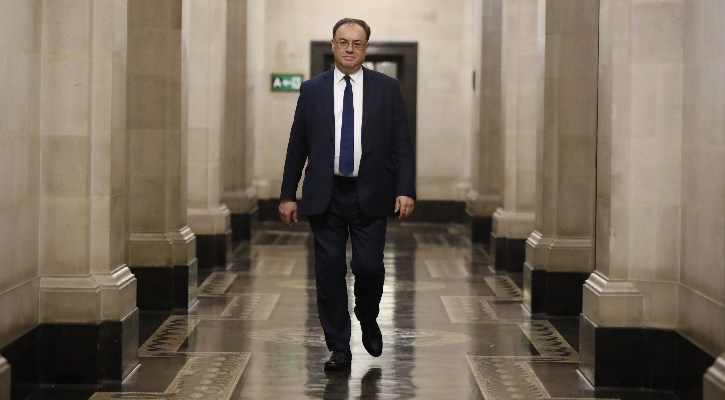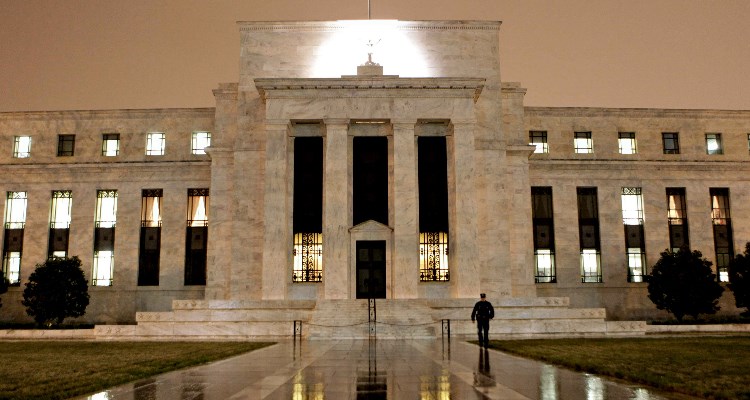
UK inflation sits at 4.2%, as measured by the Consumer Price Index (CPI), its highest reading in almost ten years, and almost everybody recognises things are going to get worse before they get better.
A lot of the inflationary pressure in the system has come from energy prices, which have soared thanks to demand picking up globally in a synchronised manner, as the US, Europe and the UK all emerged from the depths of the pandemic at roughly the same time.
There’s already some further pain in the pipeline on that score, because the Ofgem price cap on retail energy prices is expected to jump up again next April, pushing up the cost of the average gas bill by around £150. After a temporary reduction, VAT on hospitality will go back up to 20% at the same time, so that probably all adds up to inflation rising above 5% next spring, and household budgets coming under even more pressure.
With prices rising so significantly above the 2% CPI target, one might think the Bank of England (BoE) would be raising interest rates. So far there’s been talk, but little action, because the Bank has largely dismissed inflation as transitory.
That view is now beginning to wane, with two members of the rate setting committee breaking ranks and voting for a hike at the last meeting. Another interest rate decision is now looming, but the Omicron variant has poured cold water on expectations for any action. The markets are now pricing in a 75% chance of rates staying precisely where they are until February next year.
There will no doubt be some consternation about the Bank’s inactivity, but there is some method in the apparent madness.
An interest rate rise would do little to alleviate current inflationary pressures, which are coming from an uptick in global demand, combined with disruption to supply chains as a result of the pandemic. Gradually, those two factors should moderate, and future contracts in both gas and shipping now point to declining prices in the longer term. Headline inflation is an annual figure, and in order to remain elevated it requires high prices not just to persist, but to continue to rise year on year. In twelve months’ time, it’s actually possible that the energy market will be applying downward pressure to inflation, because the comparison will be with a base of today’s heightened prices.
There are those who think the strength of the labour market is another cause for concern when it comes to stoking inflation.
Certainly the numbers look quite stark, with job vacancies at a record level, and wage growth on the up, as employers compete to get staff on their books.
Part of this problem may be the labour market is just catching up with the rapid economic recovery, or there may well be frictional dislocations, as the jobs required by the post- pandemic economy are different in type and location compared to those in demand before. The jury is really out on whether the strength of the labour market is cause for inflationary concern, because we are still at a relatively early stage of emerging from the pandemic. Waiting for labour market data that is not heavily distorted by the furlough scheme seems a sensible course of action for the rate setting committee to take.
The Bank of England takes its fair share of stick for interest rate decisions, and that’s probably been exacerbated by the former governor Mark Carney’s unreliable boyfriend act, and the more recent comments by the current chief Andrew Bailey, which prompted markets to bet heavily on a November rate rise.
However, the Bank’s analysis shouldn’t be dismissed lightly, given the resources and expertise it dedicates to forecasting inflation. That doesn’t mean we have to blindly accept its judgement, but we should give it proper weight.
Laith Khalaf is head of investment analysis at AJ Bell



























